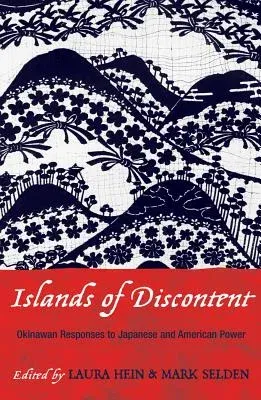Exploring contemporary Okinawan culture, politics, and historical
memory, this book argues that the long Japanese tradition of defining
Okinawa as a subordinate and peripheral part of Japan means that all
claims of Okinawan distinctiveness necessarily become part of the larger
debate over contemporary identity. The contributors trace the renascence
of the debate in the burst of cultural and political expression that has
flowered in the past decade, with the rapid growth of local museums and
memorials and the huge increase in popularity of distinctive Okinawan
music and literature, as well as in political movements targeting both
U.S. military bases and Japanese national policy on ecological,
developmental, and equity grounds. A key strategy for claiming and
shaping Okinawan identity is the mobilization of historical memory of
the recent past, particularly of the violent subordination of Okinawan
interests to those of the Japanese and American governments in war and
occupation. Its intertwining themes of historical memory, nationality,
ethnicity, and cultural conflict in contemporary society address central
issues in anthropology, sociology, contemporary history, Asian Studies,
international relations, cultural studies, and post-colonial studies.
Contributions by: Matt Allen, Linda Isako Angst, Asato Eiko, Gerald
Figal, Aaron Gerow, Laura Hein, Michael Molasky, Steve Rabson, James E.
Roberson, Mark Selden, and Julia Yonetani.

